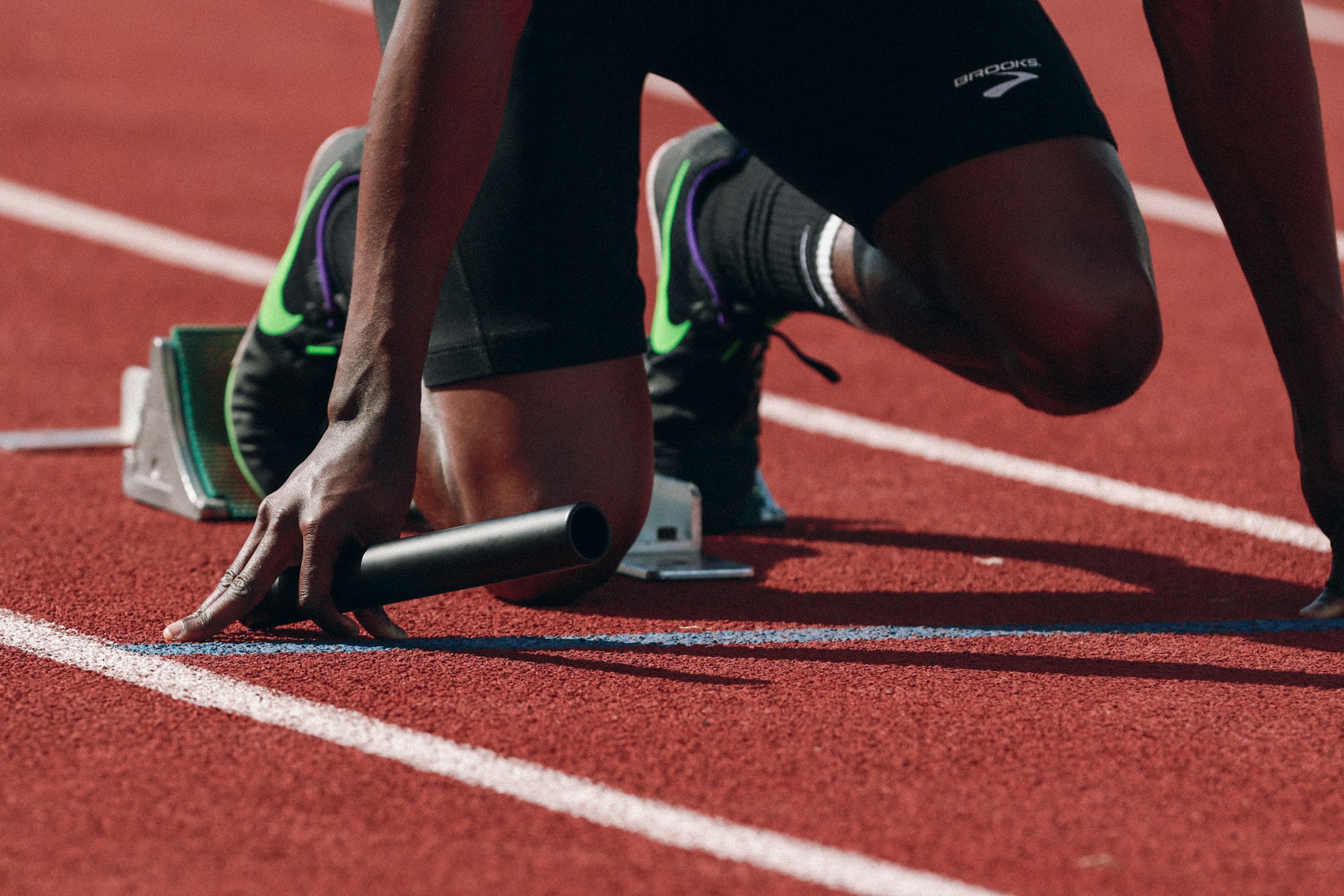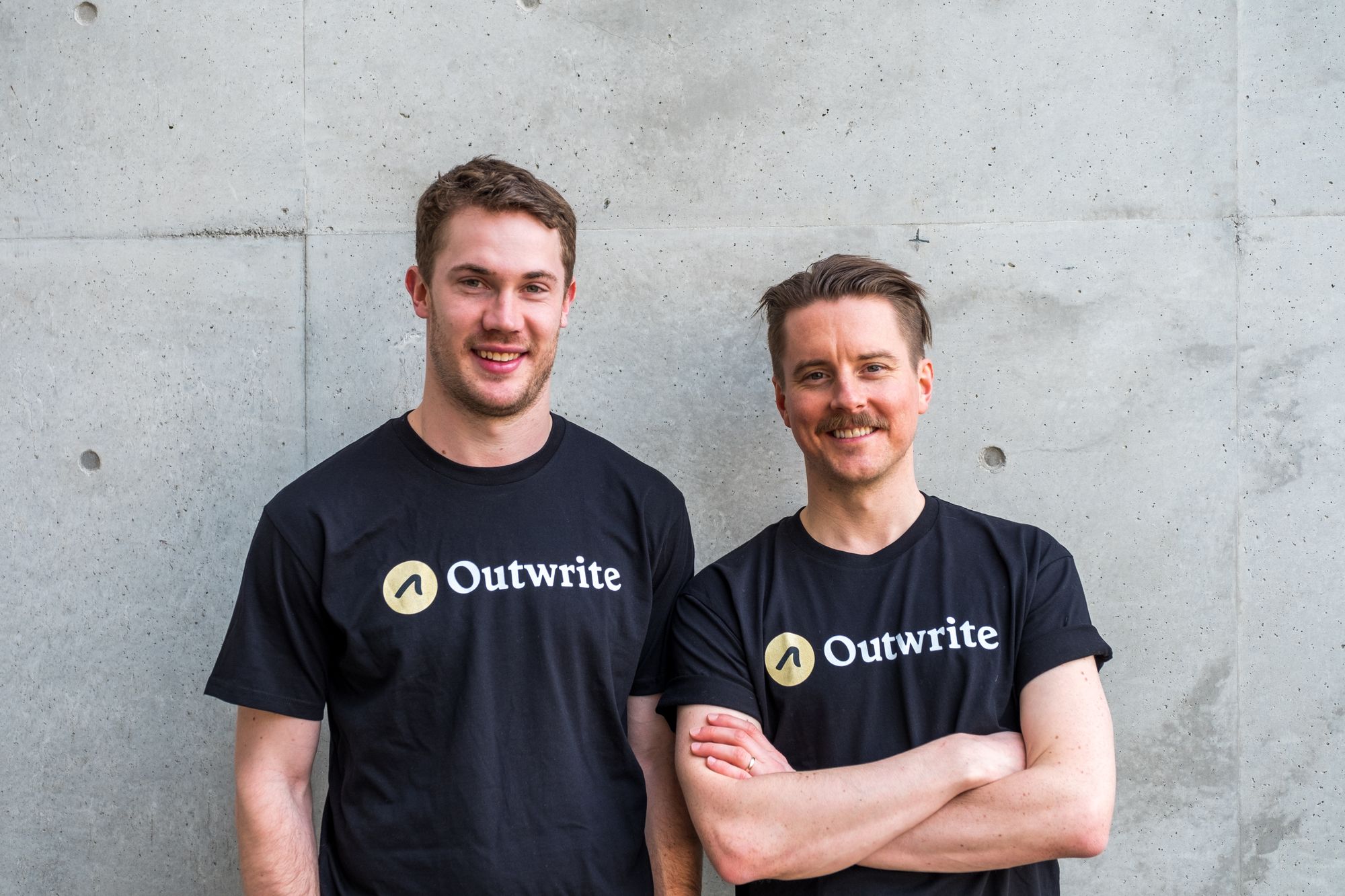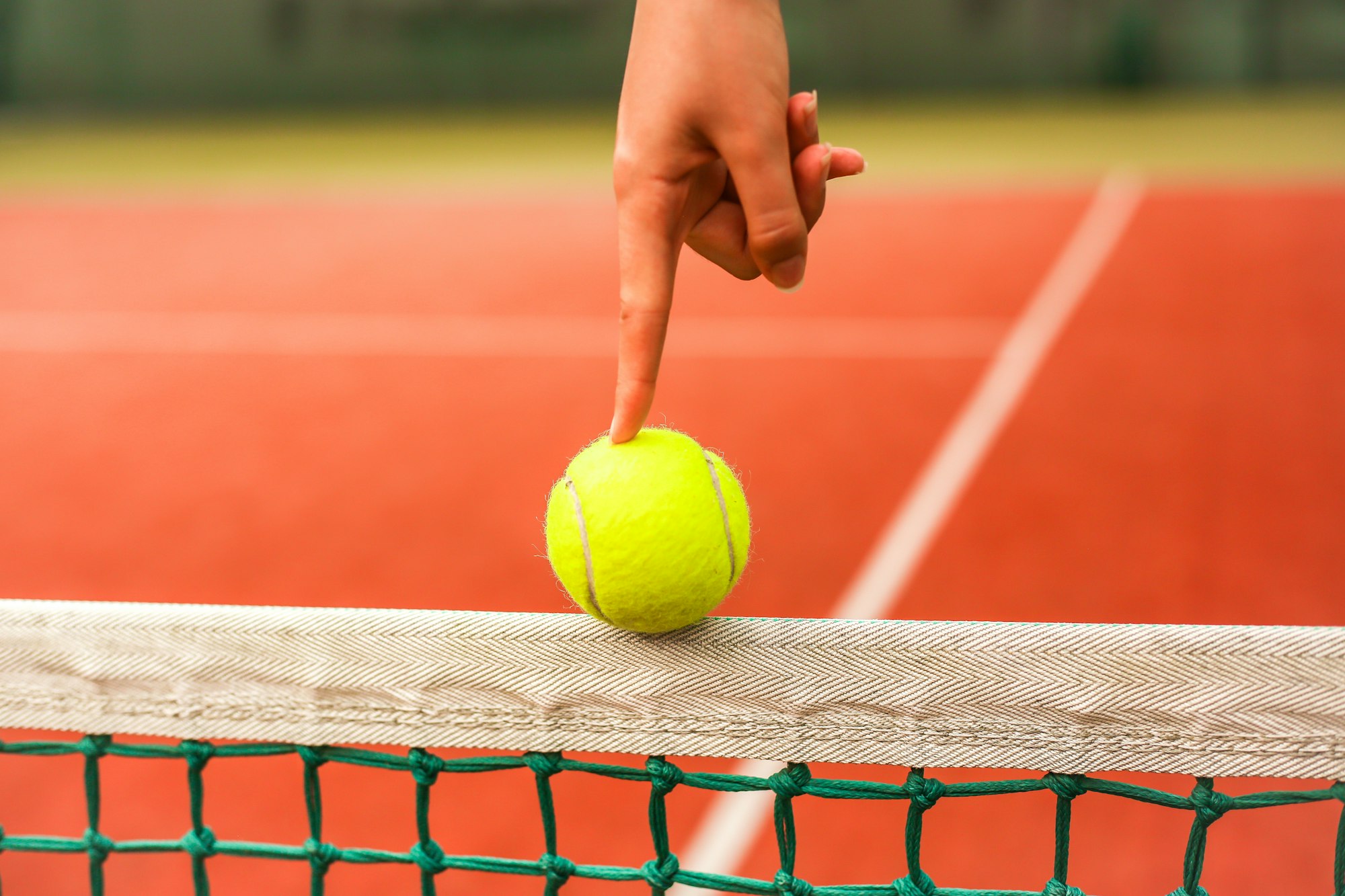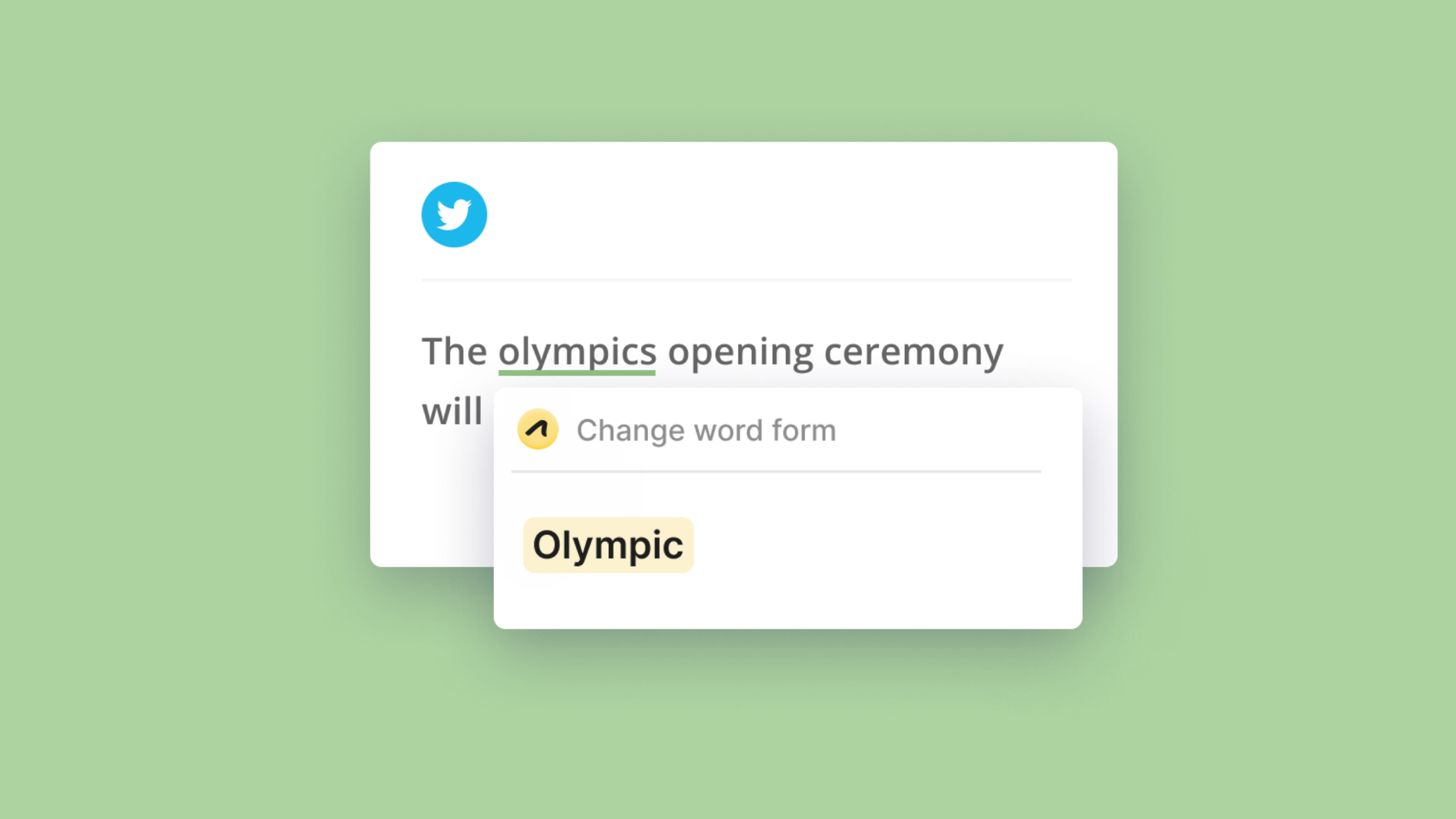Is it "Olympic" or "Olympics"? A guide to sport and grammar
Celebrate the upcoming Olympic Games with this sports-themed guide to grammar.

Nick Hough is not just the CEO of Outwrite — he's also an Olympian. He's heading to Tokyo this week to represent Australia in the men's 110m hurdles.
To celebrate his achievement, we decided to compile a sports-themed blog article. So here's a collection of FAQs about grammar and common sporting terms.

Is it "the Olympics is" or "the Olympics are"?
This appears to be a contentious topic on the Internet. It concerns whether "Olympics" is a singular or plural noun.
Some have argued the Olympics can refer to a single event. In these cases, using a singular verb could be considered acceptable. For example:
The first Winter Olympics was held in 1924.
However, most dictionaries record "the Olympic Games" (and the shortened version, "the Olympics") as plural nouns. That means they should be used with "are" and "were". For example:
The Summer Olympics are held every four years.
What about "Olympic" or "Olympics"?
Olympic is an adjective. It may accompany nouns like "torch", "athlete" or "opening ceremony". Usually, only the word "Olympic" needs a capital letter (but more on that later).
Olympics (with an "s") is a noun. Use it when you're talking about the Olympic Games. The same rule applies to Paralympic (adjective) and Paralympics (noun).
Does "Olympic" always need a capital letter?
Yes. "Olympic Games", "Olympics", and "Paralympics" should always be capitalized. According to the Associated Press Stylebook, this rule also applies to "the Games". However, you don't need to capitalize the "the" in front of these words unless it's placed at the beginning of a sentence.
Other proper nouns should also have a capital letter. This includes athlete names, countries, and cities.
You don't need to capitalize common nouns unless they're the first word of a sentence or used as a title. For example, "coach" should be capitalized if it comes directly before a person's name.
| Type | Examples |
|---|---|
| Full capitalization | Olympic Games, 2020 Tokyo Games, Olympian |
| Partial capitalization | Olympic torch, Olympic gold medal, Olympic flag |
| Lowercase | athlete, referee, cycling, powerlifting |
Does someone go, do, or play a sport?

It depends on the type of activity you're referring to. Generally, the verb "play" accompanies sports that involve a ball.
I play....tennis, netball, baseball
Sports that end in "-ing" usually go with the verb "go".
I go....swimming, snowboarding, kayaking
There are some outliers, like gymnastics, which go with the verb "do".
I do...gymnastics, karate, archery
If you're unsure which verb to use, check Google!
Is it "record-breaking" or "record breaking"?
You'll probably hear reports of "record-breaking" performances over the next few weeks. This is an example of a compound adjective. It's formed when two or more words connect to modify a noun. Here are some examples:
- 12-month delay, middle-distance runner, full-time athlete
Generally, if a compound adjective comes before the noun (also known as the attributive position), it should be hyphenated. If it comes after the noun, or if it contains an adverb ending in -ly, don't hyphenate it.
Erriyon Knighton won the 200m sprint with a record-breaking time of 19.88 seconds.
Go for gold with Outwrite

Hopefully these tips have set you up for success! If you need help fine-tuning your writing, check out Outwrite's free advanced grammar checker. Apart from fixing spelling and punctuation mistakes, it'll make sure you use the correct form of "Olympics" every time.

